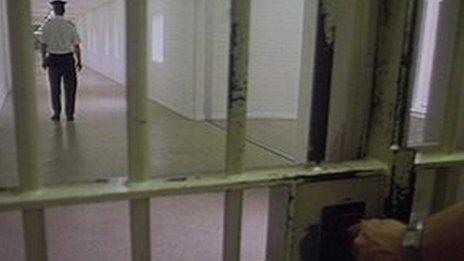Prisoner allowed to see son for first time in 12 years
- Published
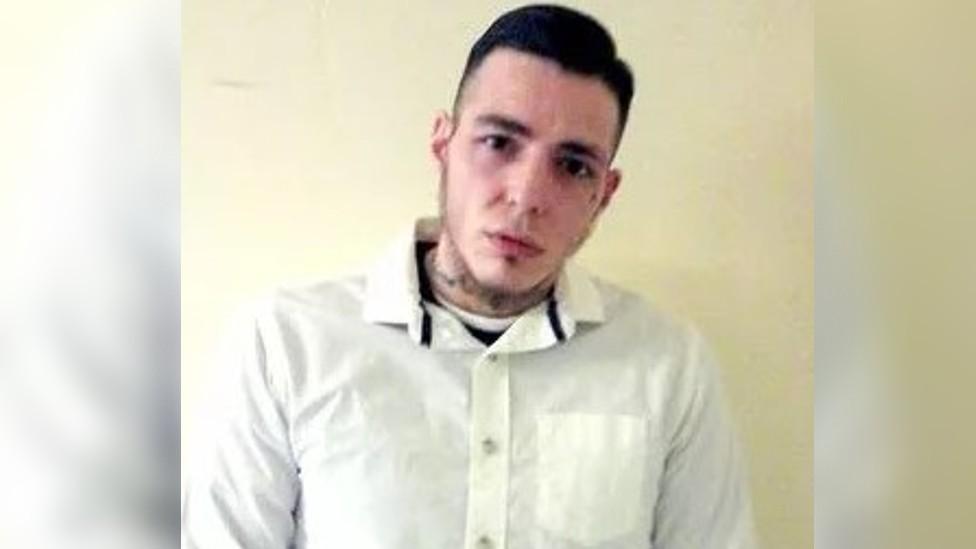
Thomas White's family said his continued imprisonment was a "serious injustice"
A man jailed for stealing a mobile phone 12 years ago will be allowed to see his son for the first time in over a decade.
Thomas White, 40, from Bury, was given a two-year prison term in 2012 but the sentence was indeterminate.
The boy, 14, will be allowed to visit after the former Home Secretary, David Blunkett, intervened.
Lord Blunkett brought in indeterminate sentences but has since said he "got it wrong".
White was given an imprisonment for public protection (IPP) sentence, which had a minimum tariff but no maximum term.
White's family said that because he has been moved between 16 different prisons since 2012, he has never been able to complete rehabilitation courses that would be necessary for him to be granted parole.
His mother, Margaret, said his mental health has declined and he has developed paranoid schizophrenia - problems, she said, that have been caused by his time in prison and have been a factor in why prison chiefs have not allowed him to see his son.
Mr Blunkett is also said to be backing the family's campaign to have White moved to a facility that can treat his illness.
'Agonising'
Mrs White said the last 12 years had been "agonising", adding: "We are eternally grateful to Lord Blunkett for his support and commitment to Thomas's case.
"Lord Blunkett has listened to my family, and particularly my grandson, with nothing but compassion.
"I urge families who have suffered at the hands of IPP to dig deep and stand up to those who have robbed so much from life's precious years."
The visit will take place at HMP Garth later this month, under the supervision of the boy's mother.
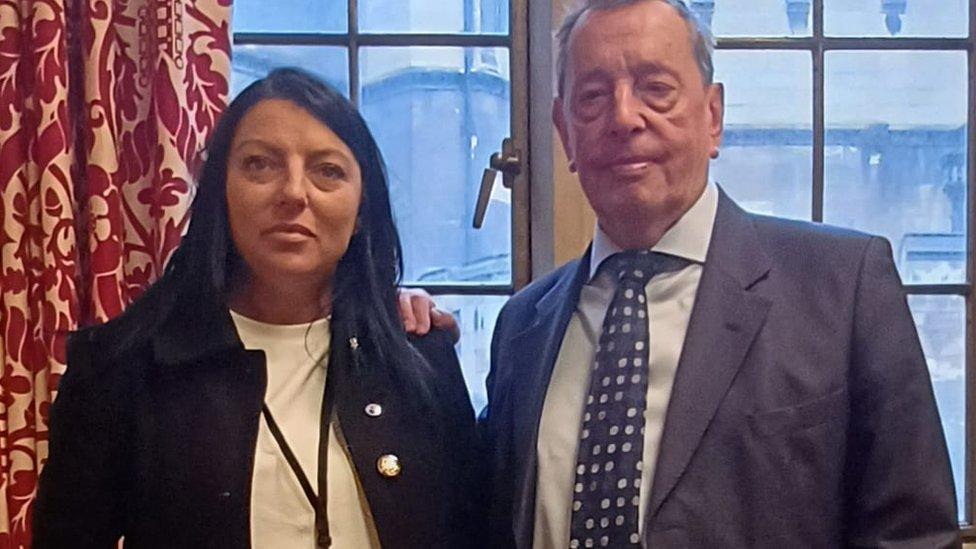
Lord Blunkett met Clara White, who has been campaigning for her brother
IPP sentences were introduced in 2005 but abolished in 2012 due to concerns over their implementation and psychological impact.
The Ministry of Justice (MOJ) has said that they were designed to be used for serious or persistent criminals, but have also been handed out to people convicted of more minor offences, external.
Recent government data showed there were currently 2,921 people in prison with IPP sentences.
Of those, 1,269 have never been released, and 1,652 were recalled to prison following a probation breach after being released.
Prisoners on an IPP sentence can apply to the Parole Board for release, and can be let out of prison if they are no longer considered a threat to the public.
The House of Lords is set to vote on a series of IPP amendments to the Victims & Prisoners Bill later this month
An MOJ spokesperson said the ministry had reduced the number of unreleased IPP prisoners by 75% since the sentences were abolished in 2012.
"We have also taken decisive action to curtail licence periods and continue to help those still in custody to progress towards release, including improving access to rehabilitation programmes and mental health support," the spokesperson added.

Why not follow BBC Manchester on Facebook, external, X, external and Instagram, external? You can also send story ideas to northwest.newsonline@bbc.co.uk, external
Related topics
- Published31 March 2021
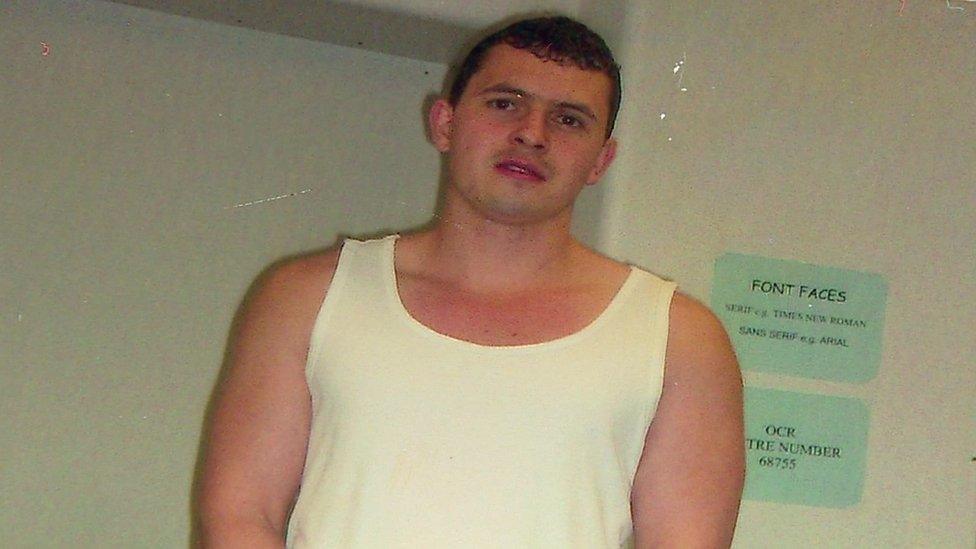
- Published19 March 2021
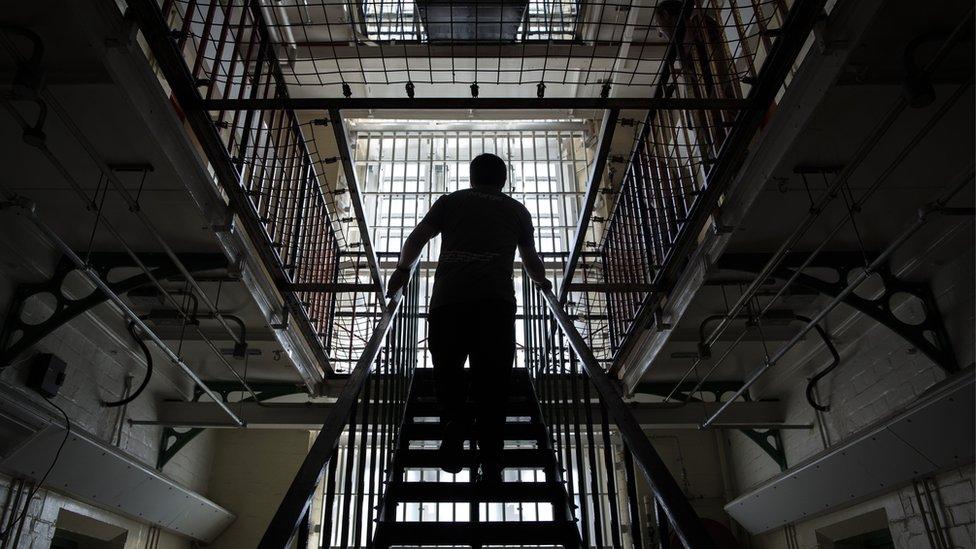
- Published18 September 2012
